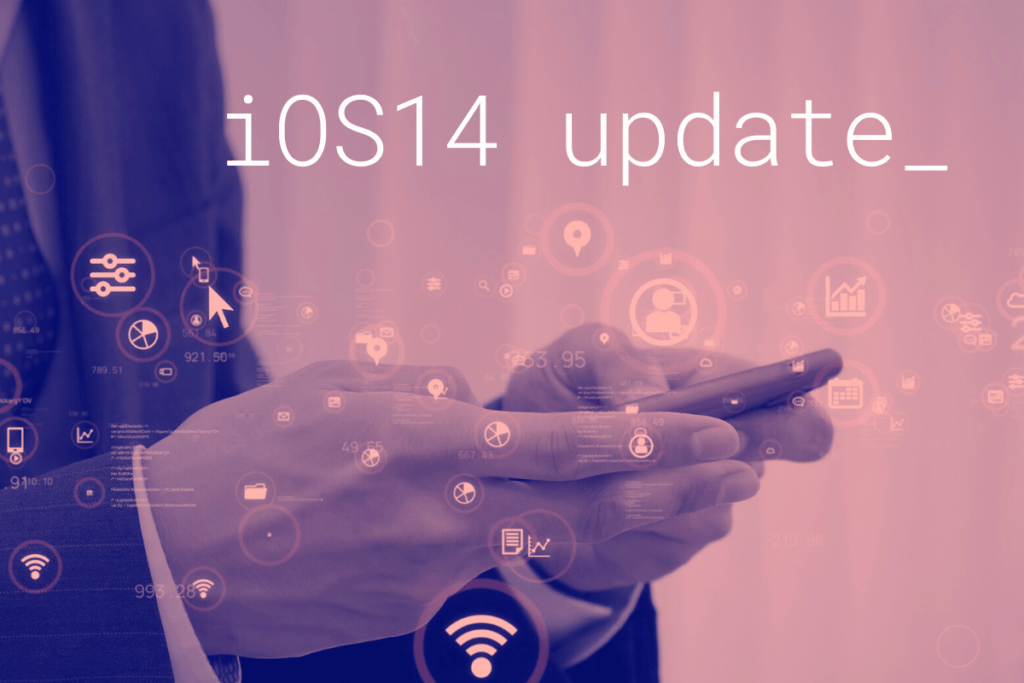The impact of iOS 14 on digital advertising
iOS 14 is one of Apple’s biggest iOS updates, so let’s find out how this update will affect online advertising:
Apple recently made a major change to its data exchange and privacy policy with the release of iOS14.5. In fact, Apple now requires all app advertisers to claim the “opt-in” of users to collect their data and monitor their activity. Every time an Apple user installs a business application, they are now asked if they agree that their actions will be recorded.
While this policy provides consumers complete security and control over the ads they will be exposed to. It is expected that not all users will accept this “opt-in” prompt. As a result, it will be more difficult for businesses to reach out to their audience and place ads.
While Apple’s decision may seem shocking, it is not the first big technology company to take action on data privacy. Just last year, Google announced that it would phase out third-party cookies in Chrome and offer different tracking tools after 2022, such as the Privacy Sandbox.
ID for advertisers: IDFA
To better understand what’s going on, let’s take a moment to learn about Apple ID for advertisers (also known as IDFA). IDFA connects to any Apple device and advertisers use it to identify users.
Usually, the IDFA code is visible to advertisers and allows them to follow regular remarketing to consumers. It is now accessible to advertisers only if their users permit to monitor their use in applications.
The long-term effects of change may include reduced monitoring capabilities and reduced personalization for users. Before the update, about 70% of iPhone users shared their IDFA with apps. With the update, some estimates now put that number at 5% for U.S. consumers. Globally, about 13% of iPhone users share their IDFA.
For Facebook advertisers, means that the seven-day click report will not include data for users who have not clicked opt-in. For users who do not select tracking, data will only be collected around the higher priority event using a one-day click-through model.
Brands that utilize paid search campaigns on Google should adjust their budgets, goals, or bids. To achieve maximum performance, companies should closely monitor the data, results, and campaign progress.
Quick tips
Although this change affects the current ad campaigns, the magnitude of the impact is still somewhat uncertain. At the same time, there are some areas in which marketers still can utilize and optimize the right audience:
– Don’t forget Android campaigns
In fact, iOS 14.5 only affects Apple devices and users. So you can still segment your audience from Android users and target them with suitable ads.
– Make the most of your site
Use your site tracking features or analytics tools to understand where your visitors are coming from. Then, build an audience based on those visitors.
– Strengthen your organic efforts
Take a closer look at your organic social media and content strategy. Then use this data to enhance your brand.
